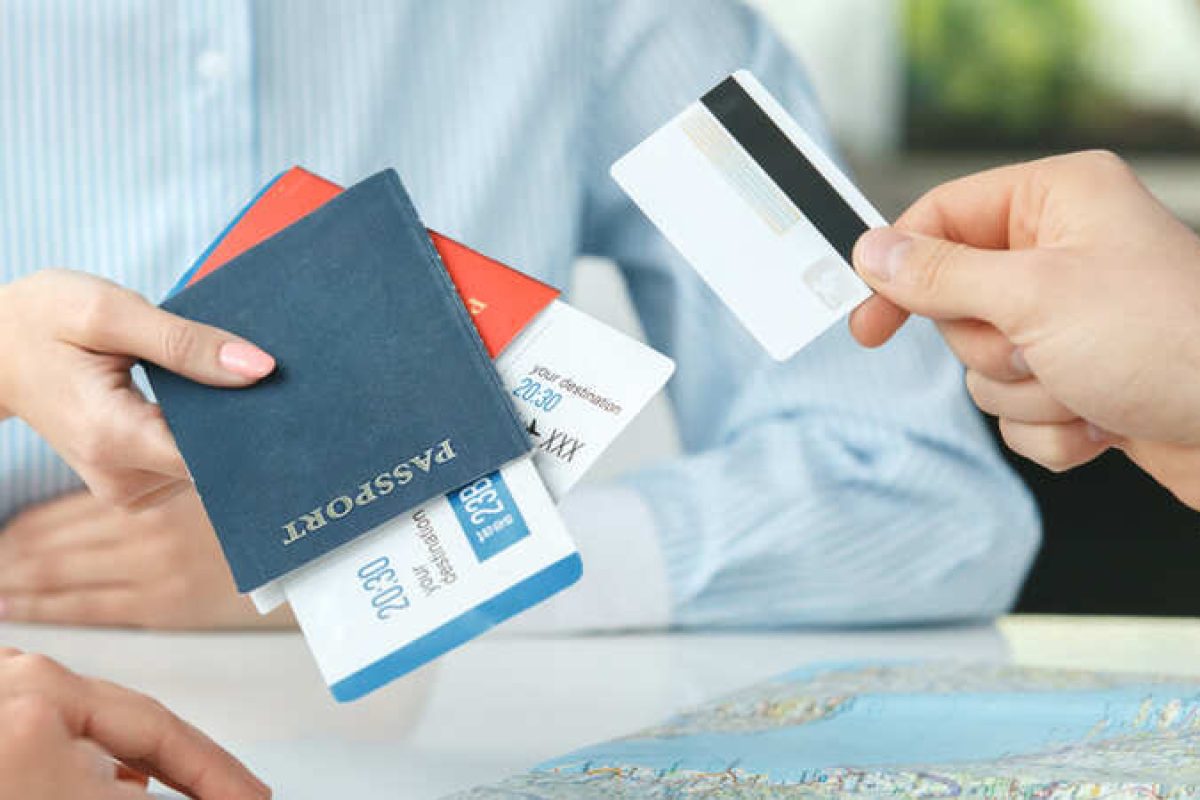The travel industry, once central to global commerce, has seen major changes due to the COVID-19 pandemic – especially in payments and financial operations. (fintechnews.sg)
The 2024 State of Payments in the Travel Industry Report by Airwallex and Skift analyses these changes and offers key insights into how travel businesses are adapting to the new payment landscape.
Shifting Travel Customer Payment Preferences
The pandemic has significantly changed customer behaviours, particularly in how they prefer to make payments.
The report reveals approximately nine in 10 (89%) travel executives in Singapore have observed a change in customer payment preferences since.
This figure is the second highest among the surveyed markets, just behind Mainland China. The shift towards digital and contactless payment methods has accelerated, driven by the growing adoption of technology.
For travel businesses, this shift presents opportunities and challenges, alike. On the one hand, accommodating these new payment preferences can enhance customer satisfaction and loyalty.
On the other hand, it requires investments in upgrading payment systems to ensure they are flexible, secure, and efficient.
Businesses that fail to adapt risk losing their competitive edge – and customers – in an increasingly digital marketplace.
The Surge in Cross-Border Transactions
The report also unveiled a significant increase in cross-border transactions. More than 92% of travel executives in Singapore frequently pay suppliers or vendors in foreign currencies.
This places Singapore third among the markets surveyed, following Australia (95%) and Hong Kong (94%).
This trend reflects the global nature of the travel industry, where businesses often interact with partners and suppliers from various countries.
However, the surge in cross-border transactions brings its own set of challenges.
Singaporean travel executives have identified three primary concerns: reducing card disputes and chargeback fraud (68%), dealing with foreign exchange volatility (66%), and managing vendor and supplier payments in multiple countries (66%).
These challenges can create bottlenecks and inefficiencies, ultimately affecting the bottom line.
Inefficient Payment Systems and Their Impact on Profits
The inefficiency of current payment systems is a significant issue for travel businesses.
The report found that 84% of travel executives in Singapore believe that challenges associated with their payment systems are negatively impacting their profit margins. This underscores the critical need for improvement.
Inefficient payment systems can lead to various problems, including delayed transactions, increased errors, and higher operational costs.
For example, dealing with chargebacks and fraud not only incurs direct financial losses but also consumes valuable time and resources.
Similarly, foreign exchange volatility can result in significant financial discrepancies if not managed properly.
These inefficiencies highlight the urgent need for travel businesses to invest in more robust and efficient payment solutions.
EU Holidays, an award-winning travel agency in Singapore, expanded from an initial team of five to over 150 employees across three subsidiary offices.
As EU Holidays grew, they faced increasing costs for global payments. More tours meant more suppliers and tour operators to pay in various local currencies, leading to high cross-border and conversion fees that reduced their profits.
“Airwallex’s global network made sending and receiving international payments easy. We avoid cross-border fees by paying overseas suppliers in their local currency. Sometimes, transfers are even done within the day,”
said Alan Ang, Director of EU Holidays.
The Importance of Financial Operational Upgrades
Recognising these challenges, a striking 95% of travel executives in Singapore have identified upgrading their payment systems and financial operations technology as a top priority for the next 12 months.
This is the highest percentage across all markets surveyed, reinforcing a strong commitment to tackling industry inefficiencies.
The focus on upgrading financial operations technology is well-justified. Modern payment solutions offer a range of benefits, including faster transaction processing, enhanced security features, better fraud detection, and more efficient currency management.
These improvements can lead to significant cost savings, improved cash flow management, and ultimately, better profit margins.
The Airwallex x Skift Global Travel Report highlights the significant challenges travel businesses face, from shifting customer payment preferences to the complexities of cross-border transactions and the inefficiencies of current payment systems.
However, the report also points to a clear path forward. By prioritising the upgrade of payment systems and financial operations technology, travel businesses can tackle these challenges and also unlock new opportunities for growth and profitability.
As the industry continues to evolve, staying ahead of the curve in payment solutions will become essential to maintaining a competitive edge and maximising long-term success.












